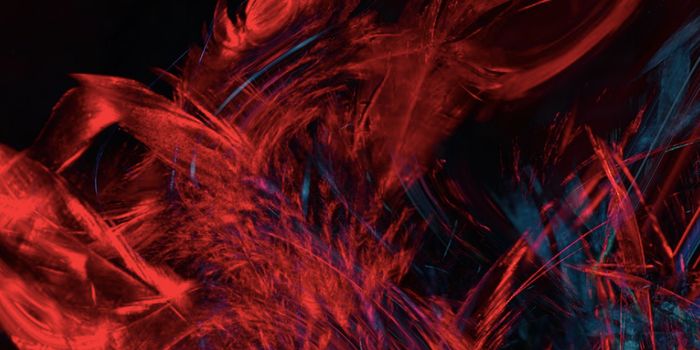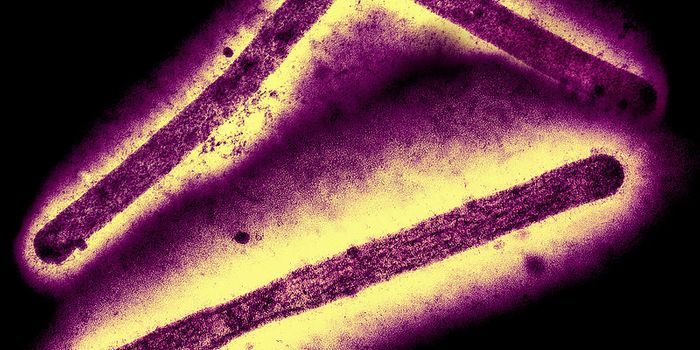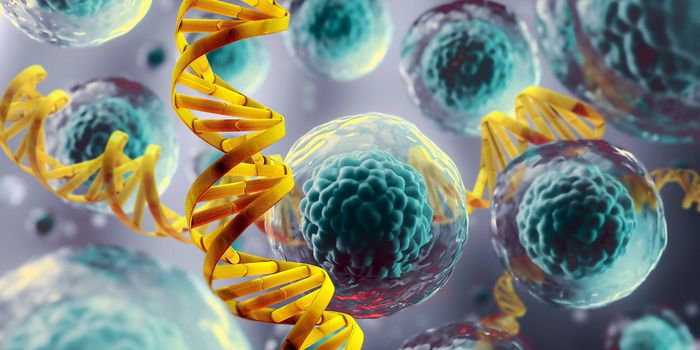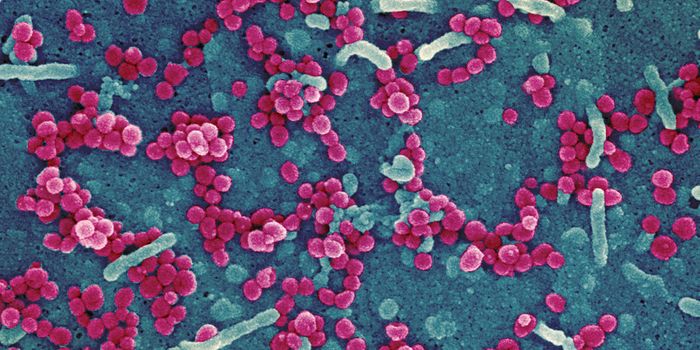Long Before Antibacterial Drugs, MRSA Superbug Arose in Hedgehogs
Researchers were assessing the presence of bacteria in wild hedgehogs which are found in Europe and New Zealand, and found that many of these animals carry a form of MRSA, called mecC-MRSA. As many as 60 percent of hedgehogs in Denmark and Sweden carry mecC-MRSA, surprising researchers. About one in 200 human MRSA infections are caused by mecC-MRSA, which was first identified in dairy cows in 2011. An international team of researchers traced the genetic history of mecC-MRSA, and the findings have been reported in Nature.
Staphylococcus aureus is a bacterium that comes in many strains, some of which are harmless, while other can cause dangerous infections. Strains of S. aureus that can resist the effects of antibacterial drugs including methicillin are known as MRSA, and they can be deadly.
Scientists that study the evolution of drug resistance have shown that when bacteria are exposed to antibiotics, that exposure can promote the evolution and dissemination of antibiotic-resistance genes in bacteria. This is not a surprising finding; many of our common antibiotics come from the environment, including bacteria. Microbes are in a kind of arms race, and the battle for resources means they have evolved ways to fight one another, and many microbes produce antibiotics. But bacteria also find ways around those antibiotics.
S. aureus appears to have developed resistance to methicillin about 200 years ago; the genes that enable methicillin resistance in the bacterium first appeared in the nineteenth century. The study authors suggested that happened on hedgehog skin, where S. aureus and a fungus called Trichophyton erinacei have adapted to live together. But Trichophyton erinacei generates antibiotics. That exposure created methicillin resistance in S. aureus, long before antibiotics were even used as medicine by humans. But once MRSA had evolved, it probably "spread to humans and livestock through direct contact," said study co-author Dr. Ewan Harrison, a researcher at the Wellcome Sanger Institute and University of Cambridge.
The misuse of antibiotics, whether they are prescribed for ailments that are not caused by bacterial infections, shared by people who take them randomly when they aren't feeling well, or excessively used in agriculture, for some examples, can promote antibiotic resistance. But this study shows that resistance can arise naturally too, and we can never take effective antibiotics for granted. Antibiotic resistance is considered a major threat to public health, and is expected to cause a rising number of deaths in the coming decades.
"This study is a stark warning that when we use antibiotics, we have to use them with care. There's a very big wildlife reservoir where antibiotic-resistant bacteria can survive, and from there it's a short step for them to be picked up by livestock, and then to infect humans," said study co-author Professor Mark Holmes, a researcher in the University of Cambridge's Department of Veterinary Medicine.
The study authors noted that people should not be afraid of hedgehogs because of these findings. Humans rarely contract the infection from hedgehogs, and the animals have already been carrying the pathogen for 200 years.
Sources: University of Cambridge, Nature









